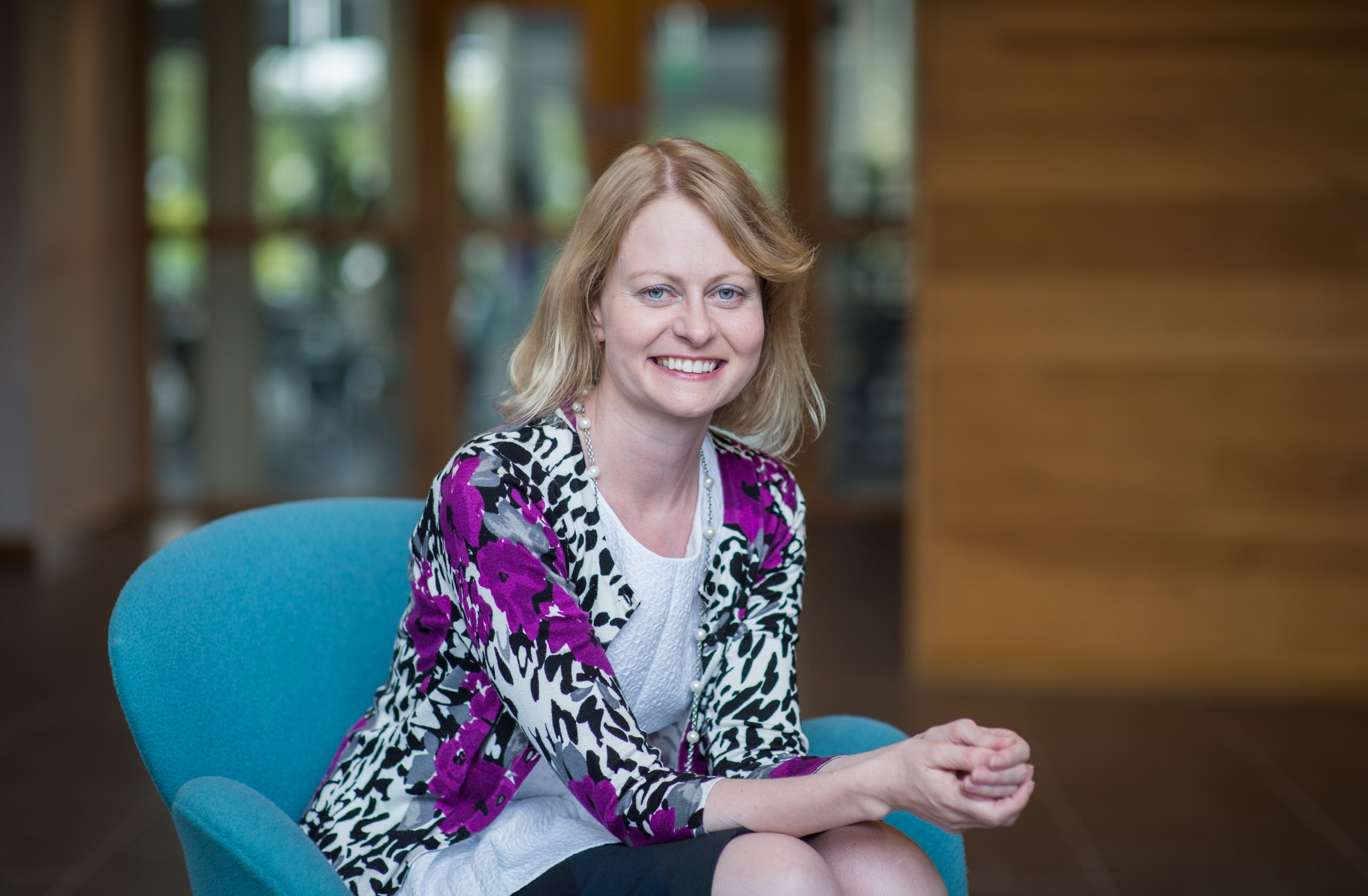International surrogacy: an expert responds
Our Surrogacy Supplement (published March 2015) featured an indepth story of international surrogacy, fraught with legal difficulties.
We released highlights of the story on our website, you can find them here:
installment 1
installment 2
installment 3
installment 4
installment 5
Specialist solicitor and leading expert on UK fertility law, Louisa Ghevaert, featured in the Surrogacy Supplement, giving her legal opinion on the story. Her response is below.
The story in brief
• Georgios was born in Greece, studied in Spain, worked in Russia and then Ukraine
• he found a fertility clinic in Ukraine and agreed a fixed cost package to find a surrogate mother and egg donor
• his Ukrainian partner Alexander introduced him to Ira who was prepared to be named as mother; essential for the Ukrainian birth certificate
• after several failed IVF attempts it was agreed to transfer three embryos into two surrogates to increase chances of success
• instead the clinic transferred six embryos to each surrogate and all 12 embryos developed
• embryo reduction was required, selection based on embryo viability
• after reduction each surrogate still carried three embryos each
• the clinic advised foetal reduction so that each surrogate carried one child each
• Georgios was offered to make reduction decisions based on gender but decided to select by most viable pregnancy
• meanwhile Georgios got a new job & the couple moved to the UK but Alexander was unable to leave pending the processing of his visa
• the babies were born in Ukraine with Ira named as mother
• Ukrainian passports would not allow the babies to travel to the UK as Ukraine is not part of the EU
• Georgios and Ira eventually got the babies into Greece (based on Georgios' Greek citizenship)
• finally the babies were issued with Greek passports
• the family were at last able to be together in the UK and start life as a two-dad family unit
• Alexander has no legal parental status.
Legal comment
Overall, Georgios and Alexander's journey to parenthood took over two years and it was a difficult, emotional and at times traumatic experience.
Georgios and Alexander's legal nightmare graphically highlights the risks and pitfalls associated with international surrogacy. Although they are now the proud parents of twin girls, their family is left in an unresolved and vulnerable legal position.
Alexander has no legal parental status in respect of the twins in the UK or anywhere else in the world. The twins' Ukrainian birth certificates name Ira as their mother and this does not match the reality in practice of their two dad family unit. The twins are left with a confused legal identity and a lack of legal protection in the UK and overseas, made worse by the absence of international harmonisation of surrogacy law.
Although surrogacy is legal in the UK and both same-sex and heterosexual relationships are recognised under English law, Georgios and Alexander's legal position and family unit is still beset with legal difficulties. Alexander is not financially responsible for the twins under English law. The twins have no legal right of inheritance against Alexander's estate under English law as he is not their legal parent. Alexander does not hold parental responsibility for the twins and this means he lacks all the rights and responsibilities in law to secure their welfare, to include consent to medical treatment or immunisations or apply for a school place for English legal purposes. This creates all sorts of legal problems, particularly in the event of Alexander or Georgios' death or separation and leaves the twins in a vulnerable legal position.
Although Ira does not actively parent the twins in the UK and lives in the Ukraine, she is still seemingly regarded for Ukrainian legal purposes as their legal mother with legal responsibility for them. This creates complex legal parentage issues internationally due to evolving and conflicting surrogacy law and policy. This has already created very real legal and practical problems and delays for Georgios and Alexander in terms of their international mobility as a family, the twins' ability to travel and their legal status as a family. Given the multi-national character of their family and overseas work opportunities ahead, as well as the importance for Georgios and Alexander to obtain clearly defined legal parental autonomy for the twins, these issues require urgent legal management.
The twins' legal and family history is further unclear because their situation raises numerous wider complex issues associated with commercial surrogacy, the simultaneous use of two surrogates, their conception with donor eggs, multiple embryo transfer, selective reduction, sex-selection, the legal basis of their surrogacy arrangements in Ukraine and the lack of an international legal framework governing assisted reproduction and surrogacy.
Given the complexity of surrogacy law and the ensuing legal difficulties, palpably illustrated by Georgios and Alexander's situation, it therefore remains the consistent message of the Home Office and the English Family Court that all intended parents should obtain expert legal advice at the outset of their surrogacy journey to ensure they properly protect their much wanted family.
For more information about UK surrogacy law please contact Louisa Ghevaert by email
or telephone +44 (0)382




1 Response